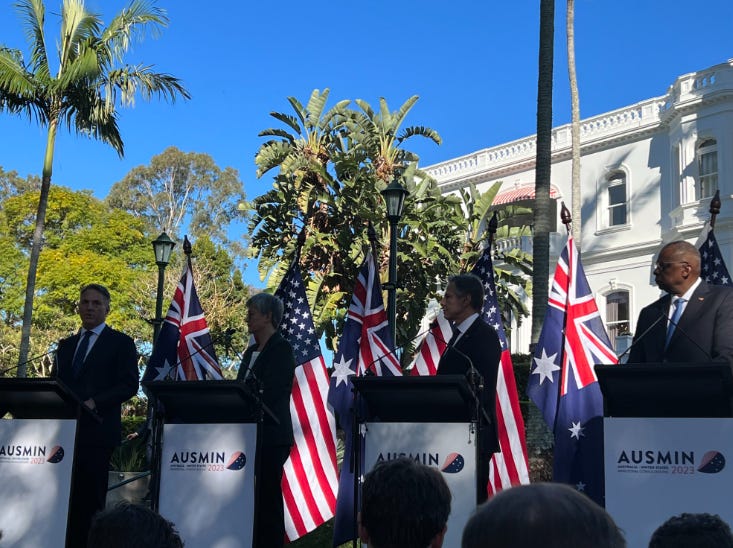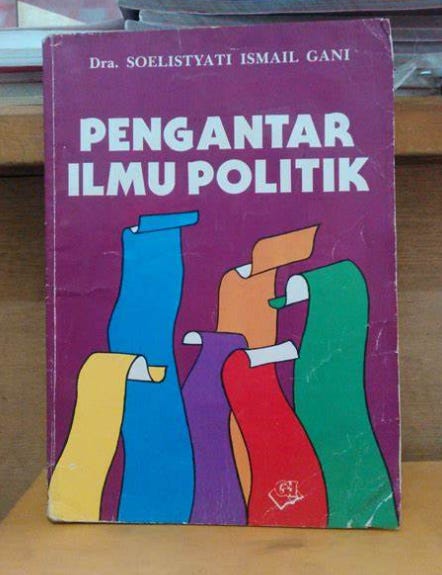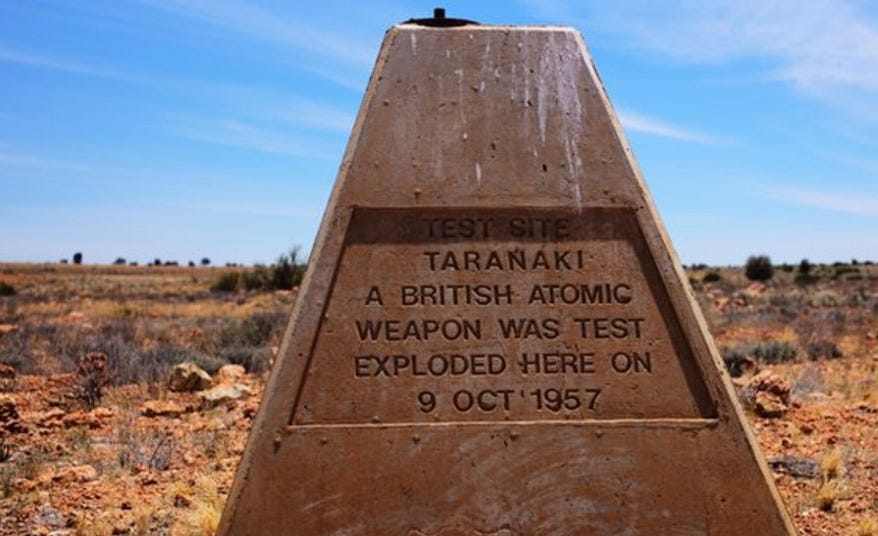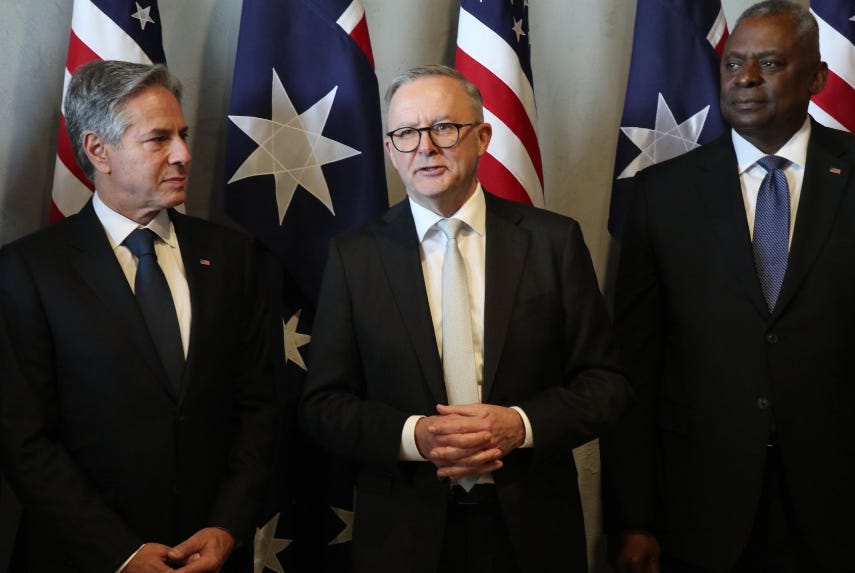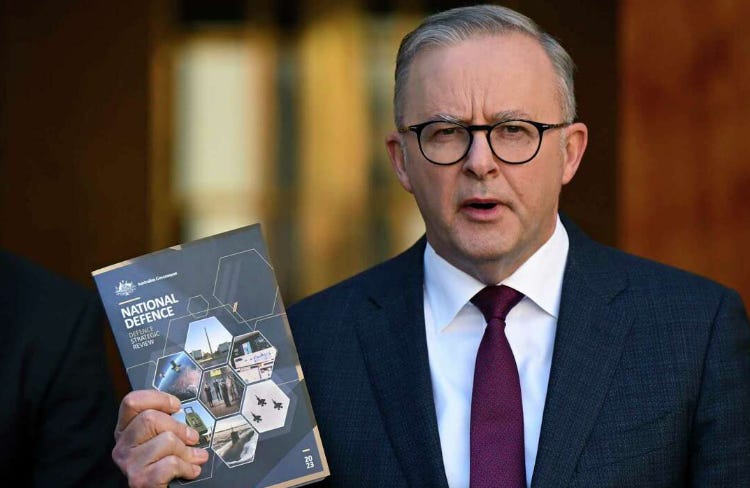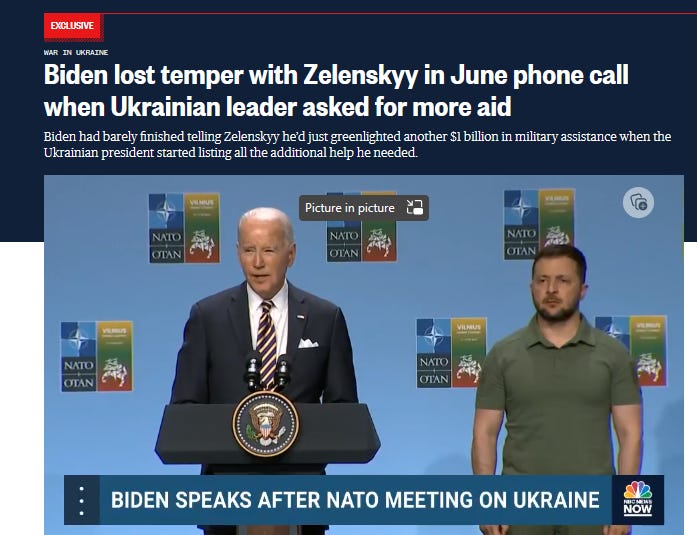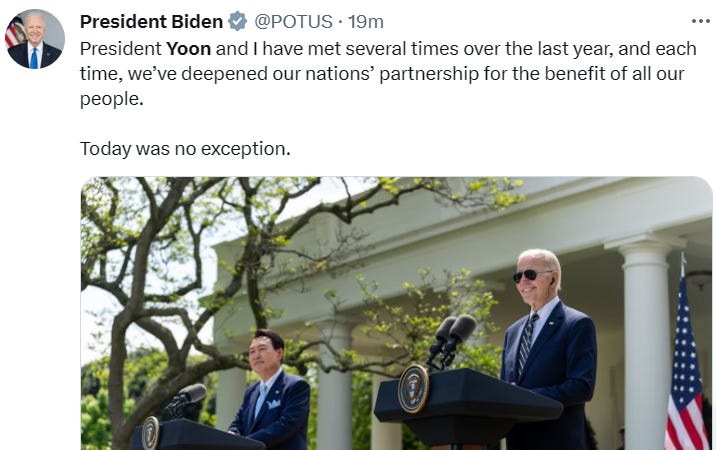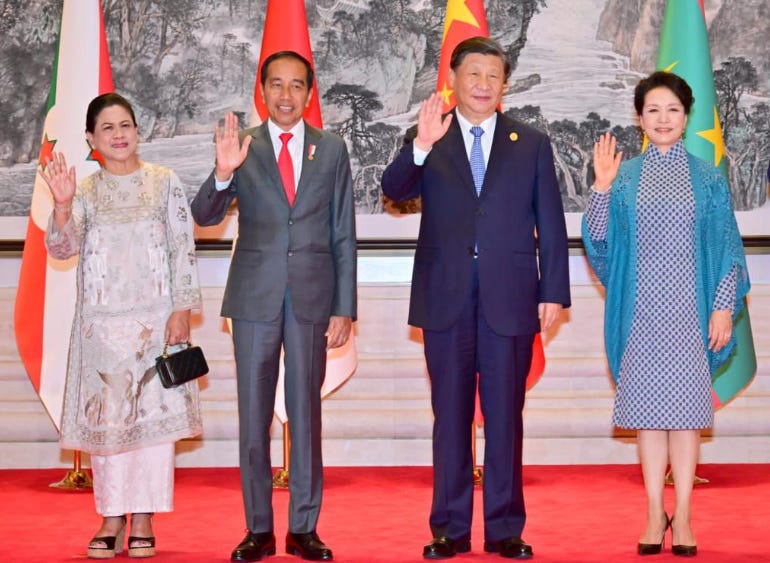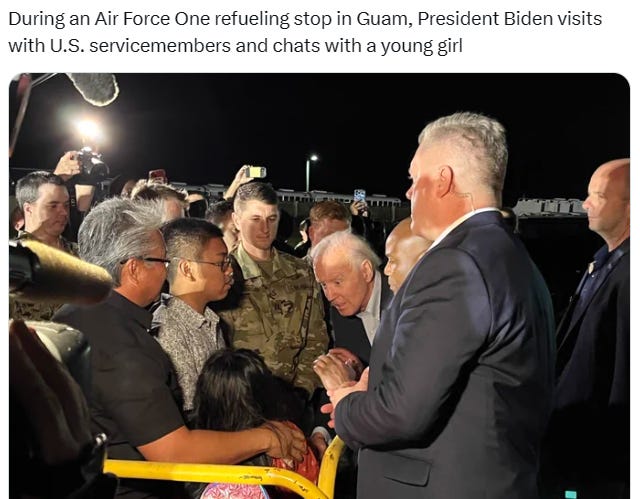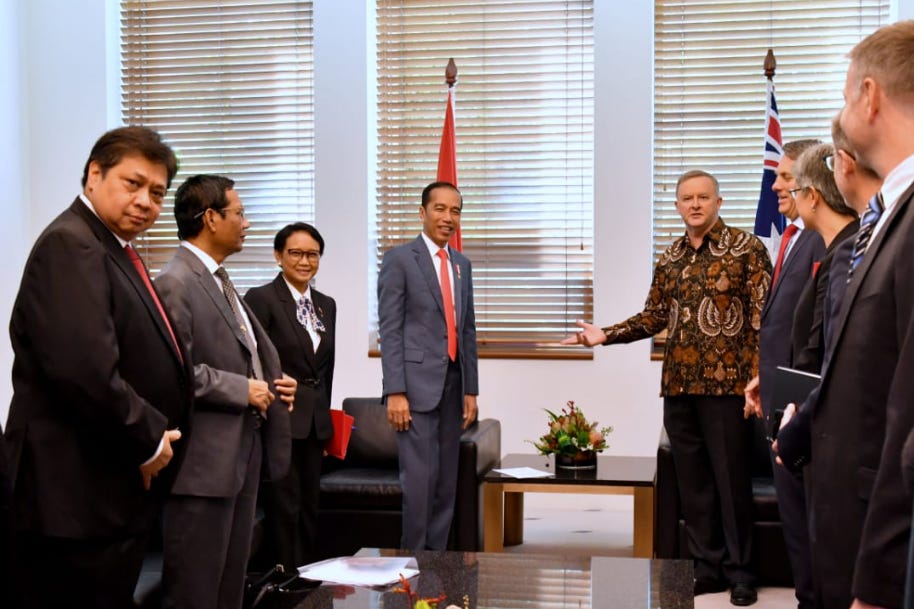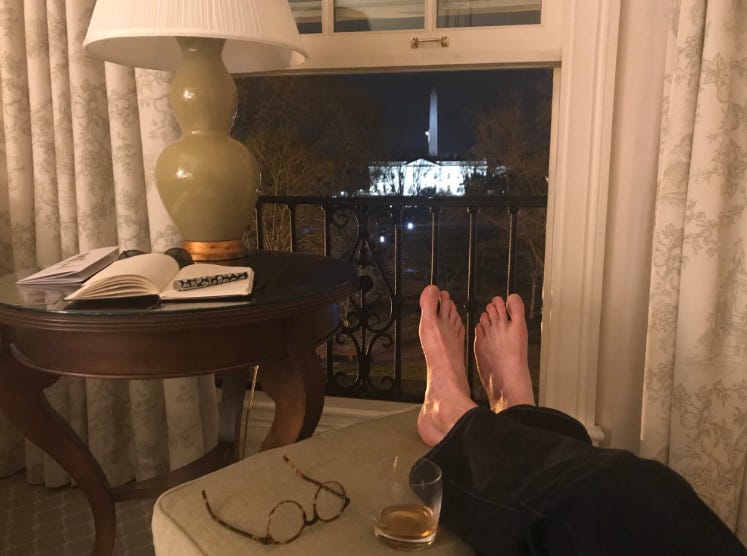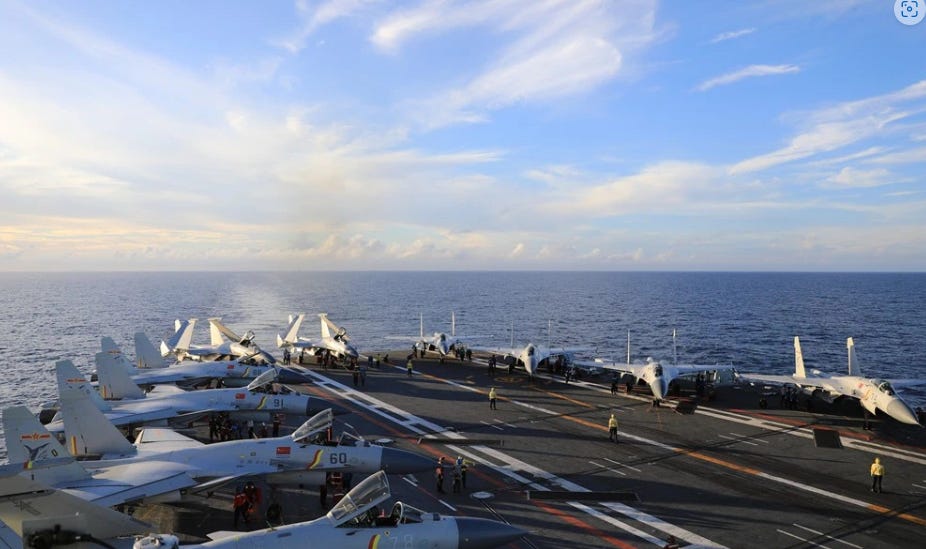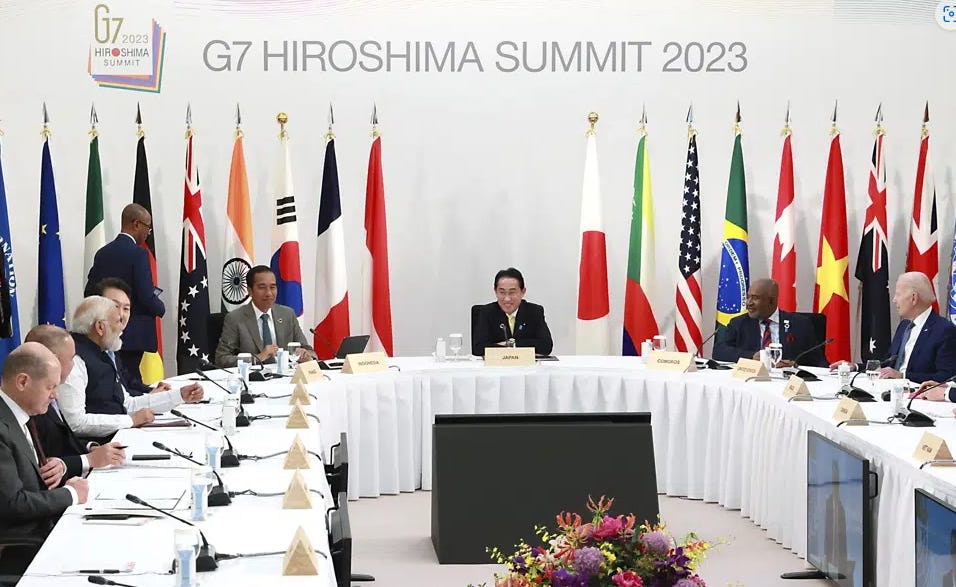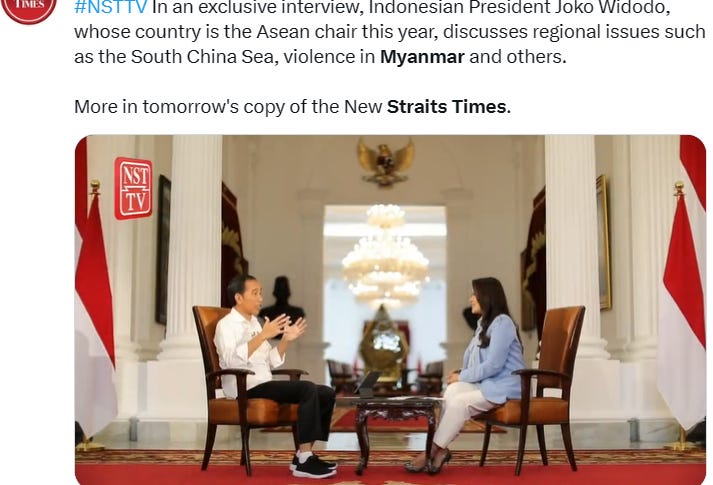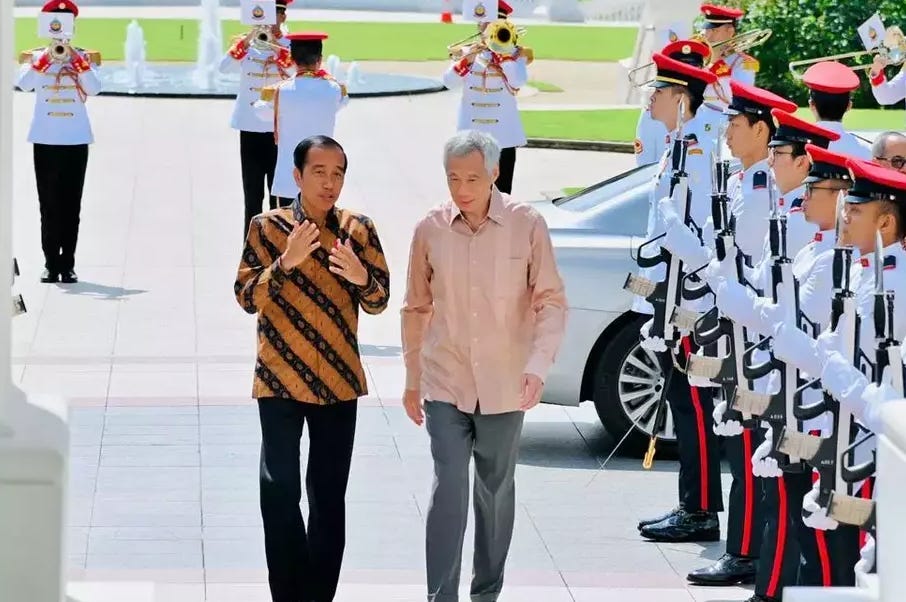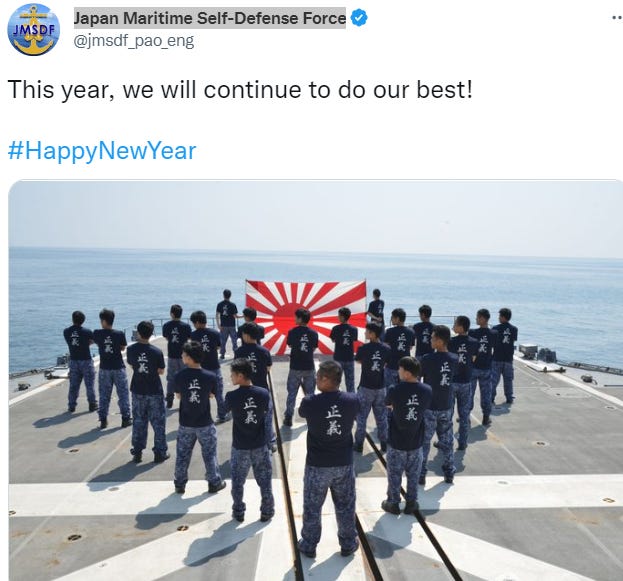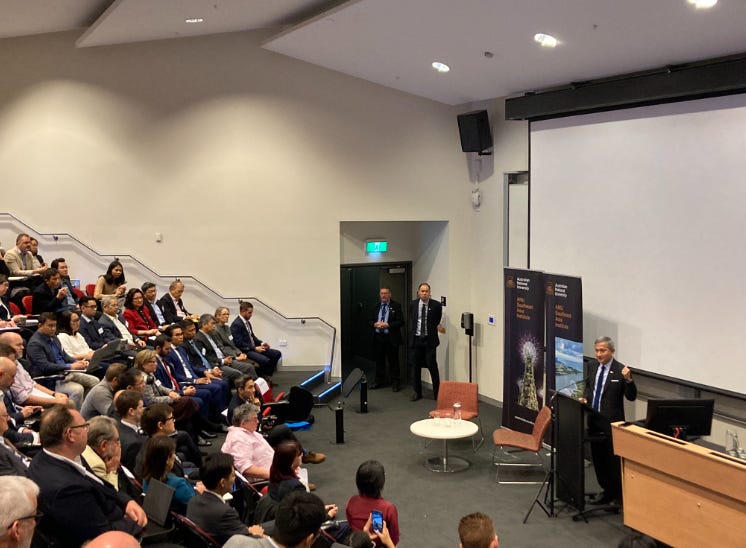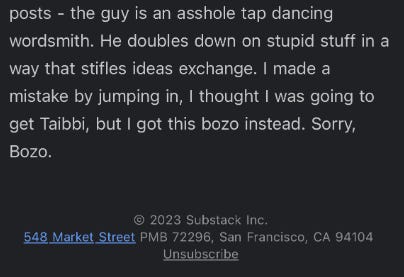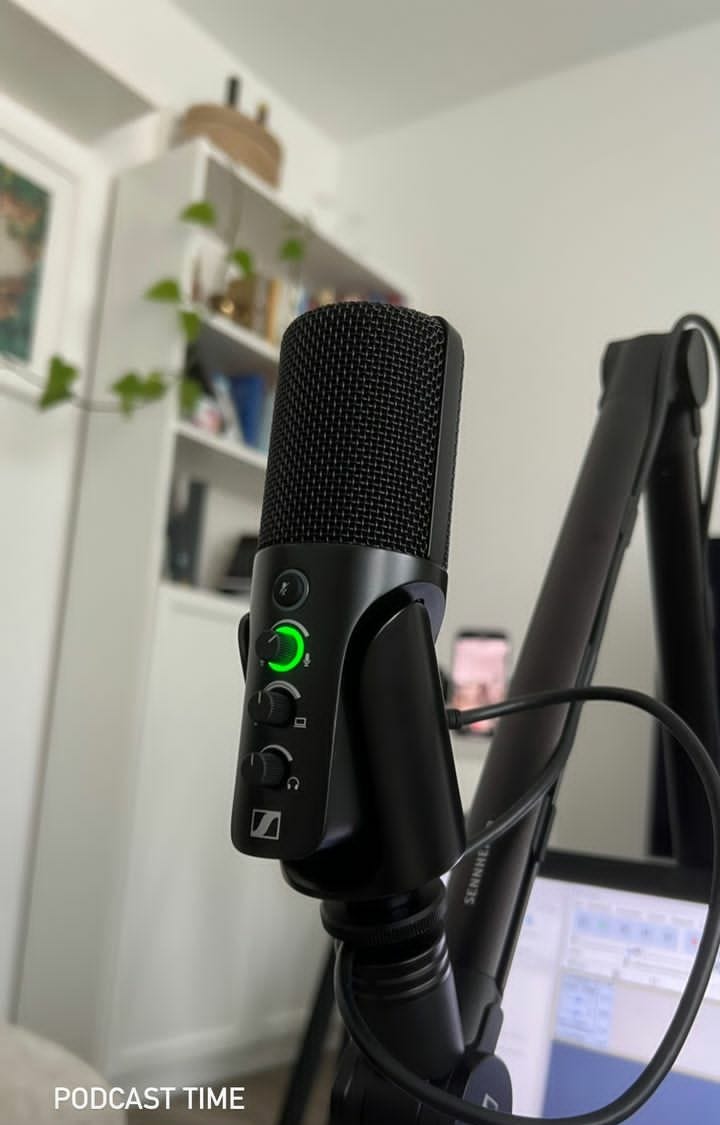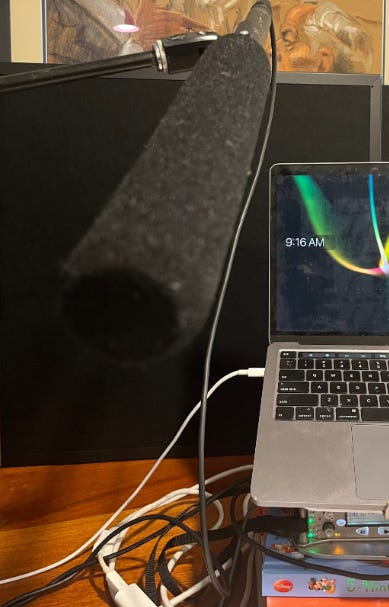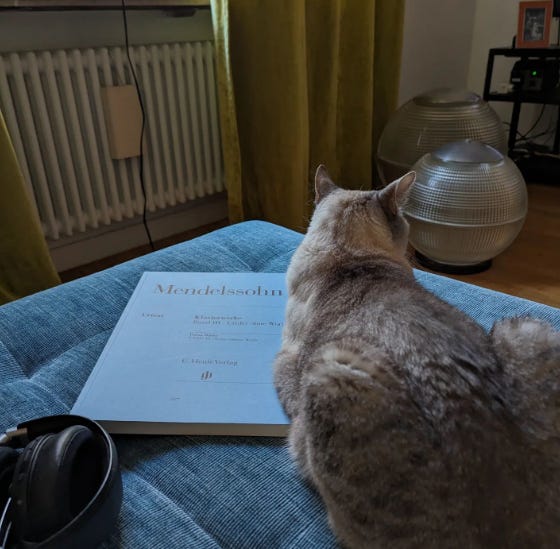Arm Race in ASEAN and South Pacific: Complicated Indonesia - China - Australia - U.S. about AUKUS and tit-for-tat
(Tribute to my lecture, the late Bu Soelistyati Ismail Gani)
2.55am Canberra (July 30) / 0.55am Beijing (July 30) / 1.55pm Washington DC (July 29)
On July 26th, The House (US) passed its submarine transfer bill unanimously today, with Republicans splitting from their Senate counterparts. House Republicans passed a bill to grant Australia and UK a blanket ITAR (International Traffic in Arms Regulations) exemption, opposed by Democrats. Senate Republicans will be in the minority (in both senses of the phrase) when it comes to conference on sub-transfer bill. Measures to enable pillar two, like ITAR (International Traffic in Arms Regulations) exemption, remain controversial for some Democrats but will likely pass.
Price tag aside, one of the biggest obstacles to the success of AUKUS is export controls. Stakeholders in all three AUKUS countries are increasingly concerned that the United States International Traffic in Arms Regulations (ITAR) present a significant challenge to the timely sharing of equipment, information, and technology between the three countries. These challenges are not new, but the stakes have never been higher. Realising the full potential of AUKUS hinges on timely ITAR reform. Indeed, ITAR reform is essential to the delivery of Australia’s nuclear-powered submarines under AUKUS Pillar I and fostering genuinely trilateral collaboration on advanced capabilities under AUKUS Pillar II.
(Her book. My lecture Ms Soelistyati Ismail Gani passed away July 29th)
No-one in US Congress opposes the sub transfer outright or wants more money from Australia. But Republicans and some Democrats have concerns about US capacity they want addressed before the bill passes.
Australia will accelerate efforts to make missiles for the U.S. as well as expand military cooperation and training under a plan announced on Saturday (today) by Australian and American officials. 2+2 Bilateral Meeting, Foreign Minister and Defense Minister (both) US and Australia meet in Canberra, or well known with “AUSMIN” (33rd Australia-United States Ministerial Consultations - AUSMIN). Australia announced it would spend A$9.8 billion (US$6.6 billion) on 20 US C-130J Super Hercules military transport planes.
Before announcement 2+2 in Australia / 33rd AUSMIN about detail AUKUS cooperation and specific US-Australia military cooperation:
President of France Macron giving major speech in Noumea on New Caledonia's political future (now Macron in Sri Lanka)
- Defense Minister Lloyd Austin arriving in Port Moresby for talks on defence pact
- FM / Secretary of State Blinken opening new US Embassy in Tonga
- PM Australia Anthony Norman Albanese + PM New Zealand Christopher John Hipkins talks in Wellington. New Zealand will not be joining AUKUS
In the middle 2+2 US-Australia Military Cooperation, an Australian army helicopter ditched into waters off Australia’s northeast coast during a training mission, leaving four crew members missing and prompting military officials to pause a broader, large-scale multinational defense exercise on Saturday (today).
From PM Anthony Norman Albanese PoV (point of view), Australia needs to be part of manufacturing and stockpiling missile systems like LRASM, JASSEM-ER, SM6, HIMARS, and Tomahawks. Pending US export control and tech transfer reforms will help us get there. The development of missile manufacture with facilities in Australia is really important for the industrial base of both of our countries. It will be very important in ensuring Australia has the necessary war stocks in the future. Defence innovation is vital to Australia's national interest. It supports the development of asymmetric capabilities needed to deter hostile states and respond if needed.
The US’ and Australia’s roles, strategies and contributions to the Indo-Pacific are distinct, but there are also an increasing number of areas in which they can join efforts to make a stronger impact. It is important to understand the strengths and weaknesses of Washington and Canberra individually, and to coordinate where cooperation would be welcome. In Southeast Asia in particular, American and Australian strategies have recently been seen as too security- and defence-focused. While some appreciate that, others worry that such an approach contributes to rising tensions in the region.
In Indonesia, not a single member of Parliament endorsed it. The government issued a five-point response which avoided mention of AUKUS itself but stated that Indonesia ‘was deeply concerned over the continuing arms race and power projection in the region’. Jakarta was clearly wary of the development. Australia, the first Non-Proliferation Treaty country to build nuclear-powered submarines, ‘may set a dangerous precedent’ for others to follow. However, that Australia’s nuclear-powered submarine project does not violate the Southeast Asian Nuclear Weapons Free Zone. ASEAN Chair this year is Indonesia. Indonesia, while certainly displeased not to have been forewarned about the AUKUS announcement years ago.
Next August, on August 18th, a trilateral summit between US - Japan - South Korea in DC. Actually, South Korea President Yoon Seok-yeol already visited DC months ago, and met up again with Biden (& Japan PM Kishida Fumio) in the NATO Summit (in Vilnius Lithuania). Yesterday, Biden approved a US$345 million packaging military to Taiwan.
After “shouted” dictator about Xi Jinping in fundraiser dinner in California, Biden really aggressive to make sure cooperation between Asia Pacific countries.
48 Hours before the 2+2 Bilateral Meeting in Australia, President Xi Jinping and President Indonesia Jokowi meet up (Thursday) in Beijing. U.S. officials believe that China has embedded malware in the power, communications and water networks that feed American military bases.
PM Solomon Island Manasseh Damukana Sogavare “assured” Australia’s Pacific Minister Pat Conroy that his government “knows the boundaries” on security cooperation with China. PM Anthony Albanese treads carefully in New Zealand when asked about the referendum on the Voice to Parliament. He says people in the Pacific are "watching" the debate and there's a "consciousness" about the vote - but stresses it's a decision for Australian voters. Very different to all his talk last week about sovereignty and picking up the phone to Beijing. 2 Days ago, the Defense Secretary made a historic visit to Papua New Guinea as US counters or rein China's influence in the South Pacific. Western leaders rush to the South Pacific in effort to counter China.
From China PoV (point of view) Chinese PLA will implement the Global Security Initiative and the concept of building a community with a shared future for mankind, provide public security products and write more heartwarming stories of solidarity with sincerity and love. Rapid technological advances are transforming the nature of political, economic, and military power in the Indo-Pacific region. Leadership of development and deployment of advanced technologies is a defining arena of strategic rivalry between China and the United States (US), which each country sees as vital to their security and prosperity.
US Defense Minister Lloyd Austin III’s arrival in Papua New Guinea marked the first time that an American defense secretary has visited the island nation reflecting its growing strategic importance as the U.S. tries to rein in China’s growing influence in the South Pacific. FM / Secretary of State Blinken in Tonga, and then, both Blinken and Lloyd in Australia from Friday. Blinken says the US has "no objections" to investments in the Pacific from any other countries, including China. But he says it should be a "race to the top" not to the bottom, and says US has concerns over Beijing undermining the rule of law and attaching "strings" to aid.
What do you get when the president of the United States stiffs you on a promised visit? Yes, in May, BIden canceled to visit Brisbane, Australia for the QUAD Summit, because for Biden, saga about debt ceiling (vs Seaker Kevin Owen McCarthy) was more urgent than the QUAD Summit in Brisbane. QUAD Summit this year is just “marginal meeting or corridor talks” amid the G7 Summit in Hiroshima. Biden offers consolation prizes to Australia (a state dinner), Papua New Guinea (a Lloyd Austin visit) and Pacific islands (a White House meeting).
Force posture co-operation has emerged as the pace setter of a fundamental transformation in the character and purpose of the US-Australia alliance. A more sensible balance needs to be found between the requirements of national resilience and the advantages of defense industrial integration with trusted allies and partners. The zeitgeist of US defence strategy today is the need to bring trusted allies and partners into the tent in order to collectively address security challenges that are bigger than any one country can handle alone. This move cuts directly across this collective strategic agenda. Forthcoming reforms] will make it easier for Australia to produce long-range missiles and perform maintenance, repair and overhaul tasks linked to US force posture initiatives.
ASEAN’s obviously not the target of the nuclear submarines nor other aspects of defence cooperation that are expected under AUKUS – it’s well understood that the submarines have China in their sights. Australia and the United States are also ASEAN dialogue partners and their relationships thus far have been solid and stable. But where the agreement leaves ASEAN strategically and what impact it might have on ASEAN centrality as a balancing force in Asia’s security equation is a deeper question. Some Southeast Asians are worried that AUKUS could affect ASEAN’s stabilising role in a volatile geopolitical landscape.
Canberra has missed no opportunity to reassure Jakarta on Australia’s support for ASEAN centrality. It’s important, though, that Australia follows through on strengthening the practice and application of ASEAN centrality, which is the heart of ASEAN’s contribution to regional stability in Australia’s backyard.
ASEAN may have impressive convening power and may well be in the driving seat of the region’s diplomatic arrangements, but it also has serious work to do in the hardball game of managing geopolitical rivalry. In its dealings with Beijing and Washington, ASEAN’s diplomatic posture has been too soft and its voice too muted. ASEAN needs to articulate its interests more forcefully to maintain and shore up its relevance in the geostrategic chessboard of the region. That might well mean being somewhat less polite and a little more blunt.
ASEAN also needs a strategic design that’s laid out to the competing powers and accepted by them. This is a difficult but not impossible challenge for an organisation that relies on consensus and has ten member countries, some with their own alignments with the two major powers across a range of issues. The East Asia Summit, for example, has not yet evolved into a decisive forum wherein the major powers and ASEAN countries can enhance cooperation and reduced rivalries. Marty Natalegawa, former foreign minister of Indonesia, once proposed the idea of an ‘Indo-Pacific treaty’ that would be tantamount to applying the norms of ASEAN’s Treaty Amity of Cooperation (TAC) to the wider Indo-Pacific region, but the idea has so far struggled to gain traction.
ASEAN welcomes open competition between the big powers within the region, of the right kind (namely competition in peace and for progress). ASEAN countries stand to benefit from positive competition among China, the United States and Japan, for example, for trade, investment, and educational opportunities. What ASEAN does not want is the kind of bitter zero-sum rivalry that would create tension, mistrust and division and thus (once again) pull the region apart.
Despite the initial furore over the AUKUS agreement, the controversy has died down. It hasn’t, as some feared, seriously undermined strategic trust between Australia and its ASEAN partners. Again, Indonesia, while certainly displeased not to have been forewarned about the AUKUS announcement years ago.
Despite nearly two decades of democratic backsliding with steps both forwards and backwards, there are promising green shoots for democracy in the Indo-Pacific. Amid a global slowing of what was once a rapid deterioration of rights and freedoms, the latest Freedom House research indicates that levels of freedom in the Indo-Pacific slightly improved in 2022.
Existing efforts by Indo-Pacific nations in support of democracy and good governance in the region are considerable. Australia’s development and election assistance to Pacific Island nations remains more sizeable than any other nation’s. Japan has become a critical regional leader for supporting legal and judicial reform, good governance, and capacity building across the Indo-Pacific. India is now a regional hub for electoral training programs and remains one of the world’s largest donors to the UN Democracy Fund. Indonesia’s championing of democracy within ASEAN and annual intergovernmental Bali Democracy Forum proved integral to the promotion of good governance in the region. Despite challenges of democratic governance within key ASEAN states, the group retains potential to be an integrator of key approaches to supporting human rights and democracy.
South Korea’s relatively recent commitment to supporting democracy in the region has seen it make unprecedented bilateral and multilateral efforts. Taiwan’s technical assistance in the region remains robust while the Taiwan Foundation for Democracy has proved to be a critical convener of civil society actors across the Indo-Pacific. In the face of dramatic unrest and economic challenges, Timor-Leste can now pride itself on maintaining an independent media and civil society amid multiple peaceful transitions of power.
The emergence of the Indo-Pacific Platform for Universal Values indicates important progress, as does the Japanese government’s support for universal values in its 2022 National Security Strategy and 2023 Development Cooperation Charter. The Republic of Korea has committed to reflecting universal values in its overall foreign policy and emphasized human rights and the rule of law in its 2022 Indo-Pacific Strategy. In 2023, Australia is due to launch a new International Development Policy, which will focus on supporting effective and accountable states and connecting regional partners with Australia, while its Home Affairs Minister has recently launched a Democracy Taskforce. The forthcoming Democracy, Human Rights, and Governance Policy by the US Agency for International Development prioritizes expanded work to promote and defend press freedoms, a vibrant civil society, and other universal human rights.
Multilateral networks and institutions supporting democracy in the Indo-Pacific may be a relatively recent phenomenon, but they are nonetheless indispensable. Frameworks for intergovernmental and civil society efforts and networking — including ASEAN and its diverse partnerships and fora, the Quad, the Pacific Islands Forum, Bali Democracy Forum, and South-South and Triangular Cooperation — have had varied levels of commitment yet continue to provide important cross-border networks.
The 2050 Strategy for the Blue Pacific Continent and the Biketawa Declaration by the Pacific Islands Forum set out Pacific Island nations’ own vision for a coordinated regional effort towards common democratic values. Countries seeking to have inclusive and enduring partnerships with Pacific Island nations should consider this regionally-sought vision in their democratic engagement.
Recognizing that the Pacific Islands are diverse, both as a region and internally, any initiative for supporting democracy in the region must respect principles of regional solidarity, inclusiveness, and Blue Pacific values. Donor nations should engage in a consultative process that responds to the opportunities unique to each nation’s own context and respects the fundamental threats to the region posed by climate change, historical legacies of nuclear testing, colonialism, and other issues. While there are governance challenges, we are encouraged by the emergence of these states as democracies since their independence. The Pacific Islands Forum Secretariat and the Commonwealth Secretariat have convened on democratic issues in the past. Supporters of the Pacific Islands across the region should contribute to a renewed effort in this regard.
Australian Foreign Minister Penny Wong has reiterated that Australia has a “longstanding and historical commitment to supporting democracy and democratic processes” in the Pacific Islands, though the challenge to democracies — ranging from weak governance to malign foreign influence — remains acute, despite recent successful gains by states such as Samoa and Fiji. Australia remains the largest donor in this region, with strong cultural and societal links. Its continued leadership will be strengthened by a renewed emphasis on democratic governance.
============END——————
Thank you, as always, for reading. If you have anything like a spark file, or master thought list (spark file sounds so much cooler), let me know how you use it in the comments below.
If you enjoyed this post, please share it.
If a friend sent this to you, you could subscribe here 👇. All content is free, and paid subscriptions are voluntary.
—————————————————
-prada- Adi Mulia Pradana is a Helper. Former adviser (President Indonesia) Jokowi for mapping 2-times election. I used to get paid to catch all these blunders—now I do it for free. Trying to work out what's going on, what happens next. Arch enemies of the tobacco industry, (still) survive after getting doxed. For me, justice is a difficult dream, because (ex) my friend, hundred, cooperate each other, to kill me and my mom. Don't let the bastards get you down, Prada, some my close friend support me. If Kevin Spacey and Johny Depp finally free from accusation, maybe next is my chance.
Now figure out, or, prevent catastrophic situations in the Indonesian administration from outside the government. After his mom was nearly killed by a syndicate, now I do it (catch all these blunders, especially blunders by an asshole syndicates) for free. Writer actually facing 12 years attack-simultaneously (physically terror, cyberattack terror) by his (ex) friend in IR UGM / HI UGM (all of them actually indebted to me, at least get a very cheap book). 2 times, my mom nearly got assassinated by my friend with “komplotan” / weird syndicate. Once assassin, forever is assassin, that I was facing in years. I push myself to be (keep) dovish, pacifist, and you can read my pacifist tone in every note I write. A framing that myself propagated for years.
(Very rare compliment and initiative pledge. Thank you. Yes, even a lot of people associated me PRAVDA, not part of MIUCCIA PRADA. I’m literally asshole on debate, since in college). Especially after heated between Putin and Prigozhin. My note-live blog about Russia - Ukraine already click-read 4 millions.
=======
Thanks for reading Prada’s Newsletter. I was lured, inspired by someone writer, his post in LinkedIn months ago, “Currently after a routine daily writing newsletter in the last 10 years, my subscriber reaches 100,000. Maybe one of my subscribers is your boss.” After I get followed / subscribed by (literally) prominent AI and prominent Chief Product and Technology of mammoth global media (both: Sir, thank you so much), I try crafting more / better writing.
To get the ones who really appreciate your writing, and now prominent people appreciate my writing, priceless feeling. Prada ungated/no paywall every notes-but thank you for anyone open initiative pledge to me.
(Promoting to more engage in Substack) Seamless to listen to your favorite podcasts on Substack. You can buy a better headset to listen to a podcast here (GST DE352306207).
Listeners on Apple Podcasts, Spotify, Overcast, or Pocket Casts simultaneously. podcasting can transform more of a conversation. Invite listeners to weigh in on episodes directly with you and with each other through discussion threads. At Substack, the process is to build with writers. Podcasts are an amazing feature of the Substack. I wish it had a feature to read the words we have written down without us having to do the speaking. Thanks for reading Prada’s Newsletter.
Headset and Mic can buy in here, but not including this cat, laptop, and couch / sofa.




